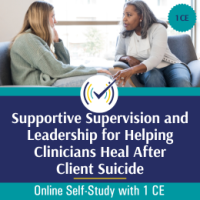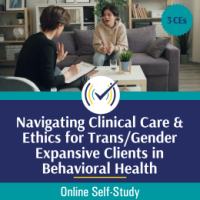November is Native American Awareness Month, Hunger & Homelessness Awareness Week (Nov. 16-22), Survivors of Suicide Day (Nov. 23), Transgender Remembrance Day (Nov. 20), and Stress Awareness Day (Nov. 5)
FEATURED COURSES
Continuing Education Approval

Telehealth Certification Institute, LLC has been approved by NBCC as an Approved Continuing Education Provider, ACEP No, 6693. Programs that do not qualify for NBCC credit are clearly identified. Telehealth Certification Institute, LLC is solely responsible for all aspects of the programs.

Telehealth Certification Institute LLC, #1609, is approved as an ACE provider to offer social work continuing education by the Association of Social Work Boards (ASWB) Approved Continuing Education (ACE) program. Regulatory boards are the final authority on courses accepted for continuing education credit. ACE provider approval period: 05/02/2024 – 05/02/2027.

Telehealth Certification Institute LLC is approved by the American Psychological Association to sponsor continuing education for psychologists. Telehealth Certification Institute LLC maintains responsibility for this program and its content.
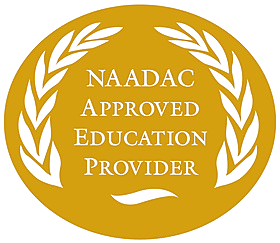
Telehealth Certification Institute LLC is an Approved Education Provider for educational credits, NAADAC provider #193104. Telehealth Certification Institute LLC is responsible for all aspects of the programming.
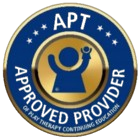
Telehealth Certification Institute LLC has been approved as a continuing education provider by the Association for Play Therapy: APT Approved Provider 21-633. Per the Association for Play Therapy (APT), play therapy training may not be awarded to non-mental health professionals. APT alone holds the right to accept or deny any continuing education training at its discretion.
Testimonials
Bridgette Nalumu
Public health consultant, Green and Purple Consultancy Network
Lora Verley
Clinical Therapist, Bayless Integrated Healthcare
Jackie Tanna
Therapist, Region One Mental Health
Jackie Bell-Russell
Therapeutic Behavioral Strategist, Rialto Unified School District


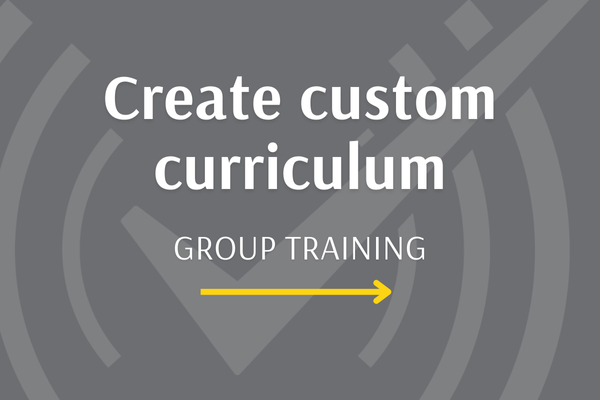

![Clinical Supervision Certificate Training Program (CSC), [also meets ACS requirements] Clinical Supervision Certificate Training Program (CSC), [also meets ACS requirements]Group of Clinicians attending Clinical Supervision Certificate Training Program (CSC)](https://www.telementalhealthtraining.com//images/com_hikashop/upload/thumbnails/200x200f/clinical_supervision_certificate_training_program_2.png)
